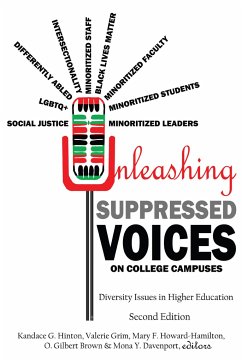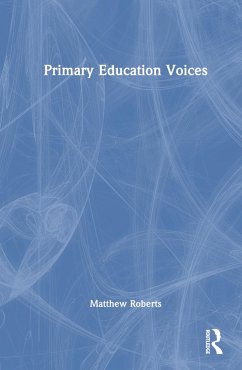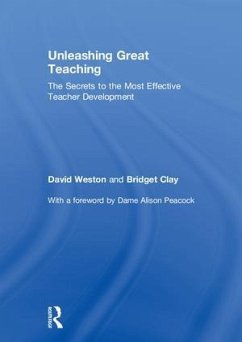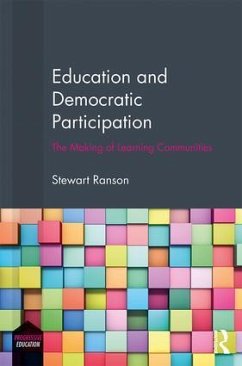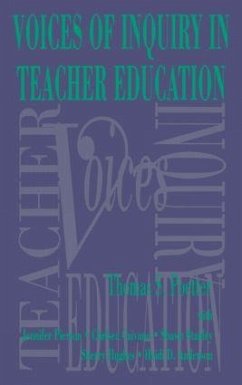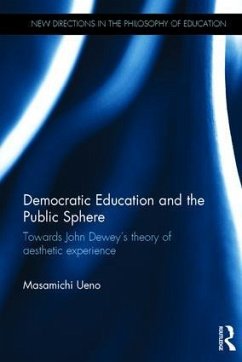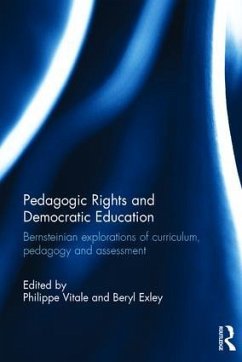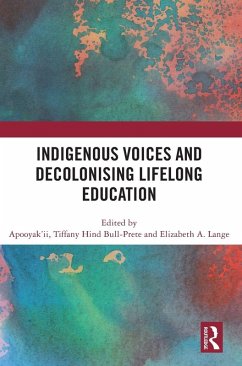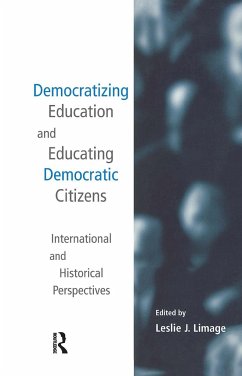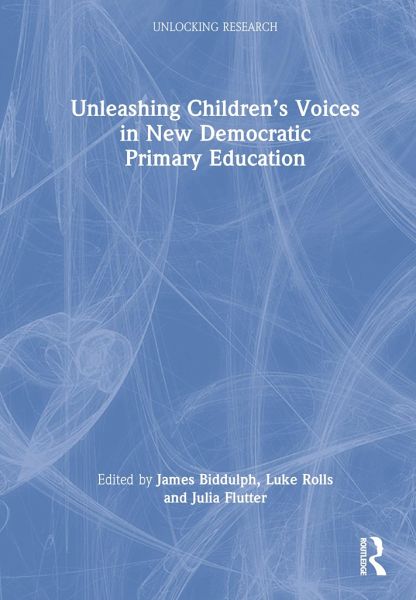
Unleashing Children's Voices in New Democratic Primary Education
Versandkostenfrei!
Versandfertig in 1-2 Wochen
167,99 €
inkl. MwSt.

PAYBACK Punkte
84 °P sammeln!
As the world begins to emerge from the COVID-19 pandemic and grapples to find ways to respond to climate change, there is growing recognition of the need to give space and time in primary schools to hear children's experiences, ideas and perspectives on these matters and to promote their active participation in democratic solutions. This book presents vibrant examples from professional educators and researchers across the globe who are demonstrating how primary schools can nurture the conditions for new democratic education through empowering educators' and children's voices and agency. Writte...
As the world begins to emerge from the COVID-19 pandemic and grapples to find ways to respond to climate change, there is growing recognition of the need to give space and time in primary schools to hear children's experiences, ideas and perspectives on these matters and to promote their active participation in democratic solutions. This book presents vibrant examples from professional educators and researchers across the globe who are demonstrating how primary schools can nurture the conditions for new democratic education through empowering educators' and children's voices and agency. Written as a genuine partnership between research experts and experienced classroom teachers, the book delves into historic and contemporary theories and evidence about the children's voices movement, and new democratic education, helping to root teachers' practices to strong educational theoretical concepts. The second section presents a set of diverse and detailed examples drawn from primary classrooms and schools that illustrate how these ideas are taking shape in teaching and learning across the world; chapters will bring to life the principles upon which schools have empowered young voices, sharing examples of success and thriving students. Finally, a set of thought-provoking manifestos will offer new opportunities and fresh theories for educators to explore, with the purpose and intention to take forward in their own primary school contexts. This is a vital resource for any new or experienced teacher or school leader looking to take research-informed and principled approaches to changes in schools so that teaching and learning ignites the social imagination for 21st-century educators and learners.



